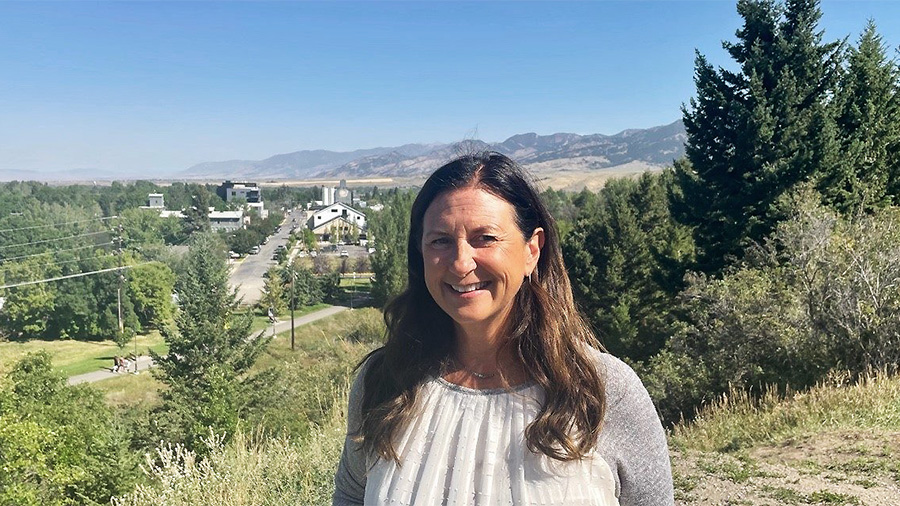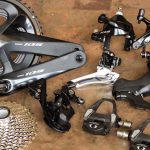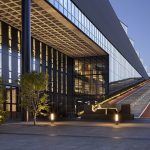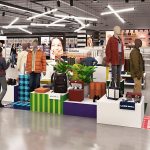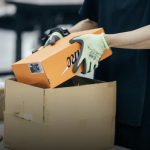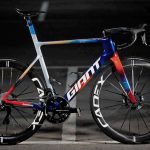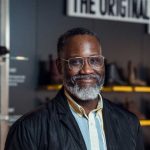Oboz parent Kathmandu, which purchased the Bozeman, MT-based footwear brand in 2018, recently released its fiscal year results for three of its brands—Rip Curl, Kathmandu and Oboz. With total group sales increasing 15.1 percent to $922.8 million, Oboz helped lead the way, with sales growing 44.9 percent to reach $78.4 million.
Launching a product range expansion into adjacent footwear categories, Kathmandu intends to grow Oboz to a $100 million business in the medium term with its online portal and expand operations into Canada and Europe. SGB Executive discussed this and more with its president, Amy Beck.
How have operations been under Kathmandu? Kathmandu has been an amazing partner. They’ve been a great listener and supporter of the brand without trying to change us. Too often, we hear about how brands and company cultures are torn apart after an acquisition; not so in our case. They’ve been especially understanding given all the challenges faced due to COVID.
What have they brought to the table? Kathmandu is a global company with resources beyond what Oboz would have access to without them. They’re a global leader in sustainability, and they’ve shared that expertise with us in material assessments and starting us on our B Corp journey. Their human resources and training support opportunities have been terrific and a tremendous asset to our team.
What’s changed under its ownership? We’ve hired new staff, moved into a larger office space, and made significant investments into the brand. That said, a lot hasn’t changed. We’re still a relatively small brand based in Bozeman, comprised of a super group of passionate people making exceptional footwear for which we plant a tree for every pair sold.
You had a great year, growing 44.9 percent. What do you credit that? With COVID, we tempered expectations because we didn’t know how things were going to play out. However, brand demand was high and then hiking boomed, which netted for a strong year. Now we’re trying to keep that momentum going by getting more people outside and giving them a good experience, so they’ll keep coming back to the industry for more.
Oboz plants one tree for every pair of footwear sold, with over four million to date. How’s that going? Oboz started planting a tree for every pair of footwear sold from when the brand founding in 2007. We have a great partner in Trees for the Future, and our retailers and customers appreciate it. But it’s more than a tree planting/carbon footprint program. It’s a changing people’s lives program. It helps families in Africa end chronic hunger while also building economic stability. When we say we’ve planted four million trees, most people think we’ve planted evergreens, not vegetable and fruit trees. We plant trees that meet a family’s nutritional needs and provide them with market opportunities.
Oboz uses 95 percent environmentally preferred leather in its products. Are there sourcing hurdles? Does it make for a greener planet? As a member of the Leather Working Group, it ensures that we source our leather from ethically and environmentally certified suppliers. Leather is only one element of our footwear that we’re focusing on improving our environmental impact. We’re also using Bloom algae in our insoles and recycled materials in our trims, including Repreve.
Any other sustainability initiatives on the horizon? We’re continually evaluating new materials and processes to reduce the impact we and our products make on our planet. We’ve begun our journey to become a B Corp and hope to achieve certification by FY2023.
You’re expanding into other footwear categories. What niches are you looking at? The core of our product line continues to be hiking, as it has always been. Over the last few years, we’ve added styles that are hike capable but lean more towards casual or, as we call it, Mountain Town, like our Bozeman collection. Next spring, we’re introducing the Wakatā Trail sandal with a Bloom algae footbed. It’s a quick-drying sandal designed for camp or trail featuring an adjustable strap that locks in the heel for complete foot control or flips forward, converting it to an easy on and off slide.
Kathmandu intends to grow Oboz into a $100 million business. Is that affecting any of your company values? Absolutely not. We will not make decisions that compromise our values to achieve revenue goals.
Photo courtesy Oboz/Amy Beck

